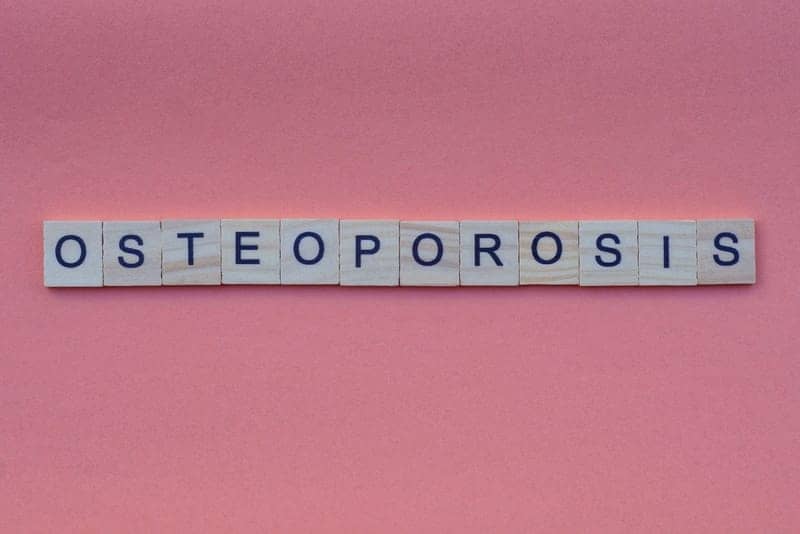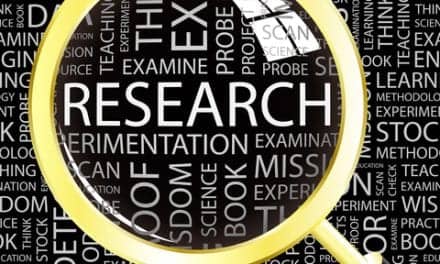Bone Health Technologies (BHT), the leading innovator in technologies for treating and preventing bone diseases such as osteoporosis, announces that they will be conducting a 1-year long study of a novel, non-drug intervention to treat osteopenia in postmenopausal women, in partnership with the San Francisco Veterans Affairs Health Care System (SFVAHCS), the University of California, San Francisco (UCSF), and the Northern California Institute for Research and Education (NCIRE).
BHT is looking to enroll 50 patients with diverse racial and ethnic backgrounds who are not currently taking any osteoporosis drugs and have DXA scan bone density T-scores between -1.0 and -2.4.
This new study is being led by UCSF Professor and Department of Medicine Master Clinician Dr. Dolores M. Shoback, who is a practicing endocrinologist at the SFVAHCS, and Dr. Anne L. Schafer, Chief of Endocrinology and Metabolism at the SFVAHCS and Associate Professor of Medicine and Epidemiology & Biostatistics at UCSF.
The UCSF/SFVAHCS teams will rigorously test the nonpharmacologic intervention, which could be incorporated into the preventive regimens recommended to postmenopausal women. A key vision of this project is that this device be tested in women of diverse racial and ethnic backgrounds. Safe and effective treatments for the 52 million patients with osteopenia are desperately needed and it is important that the treatments and recommendations are based on evidence from study cohorts representing the broadest diversity of the American population.
The study’s goals are to see improvement in bone density and bone strength at the hip and lumbar spine as measured by DXA and CT scans after one year, as well as an immediate improvement in biochemical markers of bone turnover. There will be urine and serum measurements of bone cell activity, reflecting both bone formation and bone resorption, before and during use of the OsteoBoost technology. Participants in the study will benefit from the most advanced analysis and monitoring of their bone health by some of the leading clinicians in the field.
“We aim to analyze the effect of the OsteoBoost technology on bone health in an in-depth and detailed manner with the highest standard of clinical evidence so that future clinicians can prescribe with confidence,” said Laura Yecies, CEO of Bone Health Technologies.
BHT’s OsteoBoost technology has been reviewed numerous times by a panel of leading experts and recognized to have a high potential for solving a critical unmet need. Just this year, the Company has received a Commercialization Readiness Pilot Program Grant from the NIH and has previously also received FDA Breakthrough Device Designation, closed a $2.75 million funding round, was awarded additional patents, added top industry professionals to its Board, and more.
The OsteoBoost technology is based on NASA research which has proved that mechanical stimulation of bones through vibration can improve bone density and may help improve the lives of individuals dealing with different bone diseases. BHT has previously conducted a clinical study that showed that once daily 30-minute treatment with OsteoBoost reduced bone loss activity in study participants and is currently conducting a pivotal trial at the University of Nebraska Medical Center assessing the impact of OsteoBoost on bone density and bone strength after one year of treatment. The trial at the University of Nebraska is expected to conclude in May of 2022.
For more information on the newest study being sponsored by BHT or if you think you or someone you know would be interested in participating, please visit here.
[Source: Bone Health Technologies]
Related Content:
Bone Health Technologies Receives $2.7M NIH Grant to Commercialize OsteoBoost





